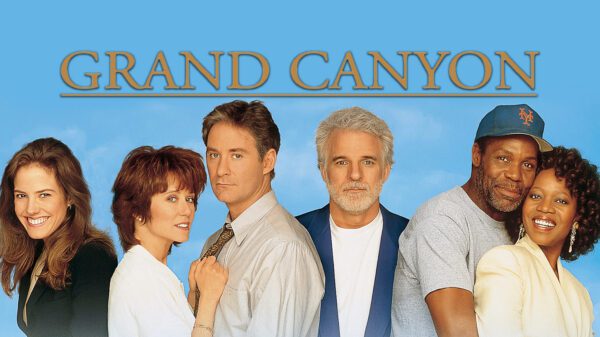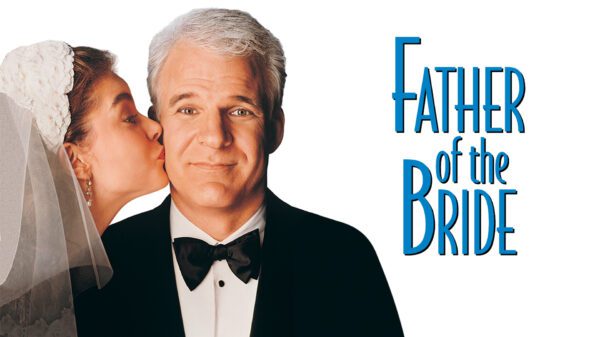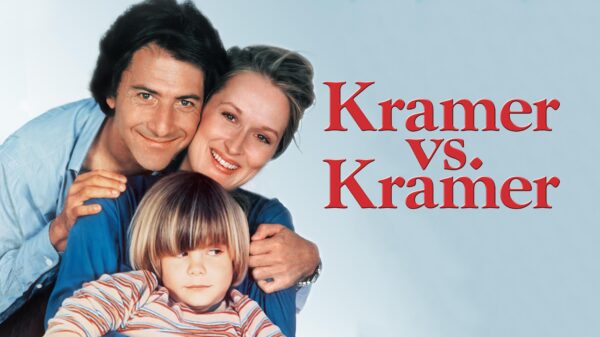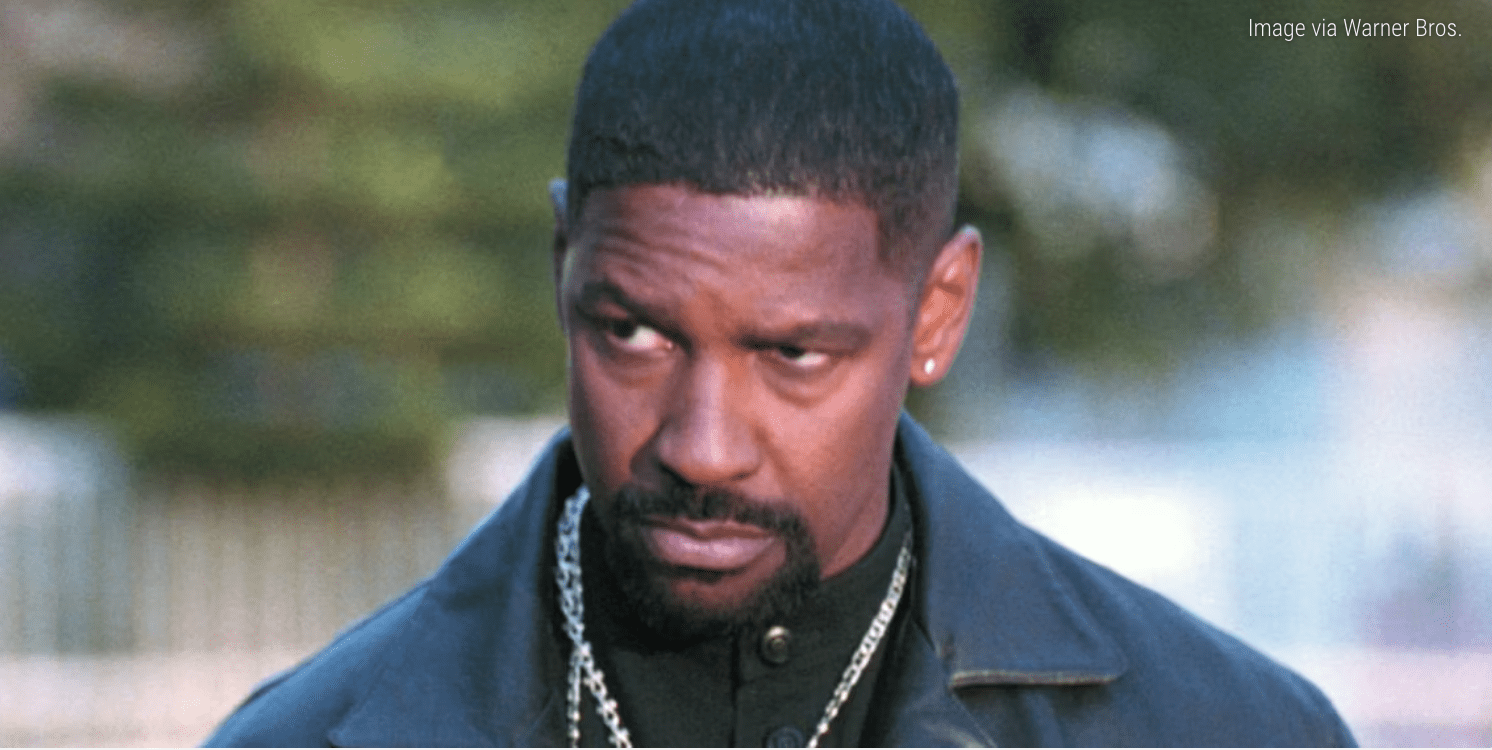Pump Up the Volume, the teen drama released in theaters on August 22, 1990, is a powerful and surprisingly relevant film that captures the angst of a generation. The film stars Christian Slater as Mark Hunter, a shy and introverted high school student in suburban Arizona. By night, however, he transforms into “Happy Harry Hard-On,” a pirate radio shock jock who broadcasts from his parents’ basement.
Through his broadcasts, he spews cynical, vulgar, and brutally honest tirades against the hypocrisy of suburban life and the oppressive nature of high school. His broadcasts quickly gain a cult following among his peers, who find a voice for their own frustrations and loneliness in his words.
The plot thickens as the school and local authorities, led by the strict high school principal (Annie Ross), become determined to shut him down. Mark’s secret is eventually discovered by a fellow student, Nora Diniro (Samantha Mathis), a smart and inquisitive girl who becomes an unlikely ally.
The film explores themes of teenage alienation, censorship, and the power of a single voice to ignite a movement.
Supporting performances from Scott Paulin as Mark’s father and Ellen Greene as a sympathetic teacher add to the film’s authentic feel.
James Hampton appears as Arthur Watts of the FCC
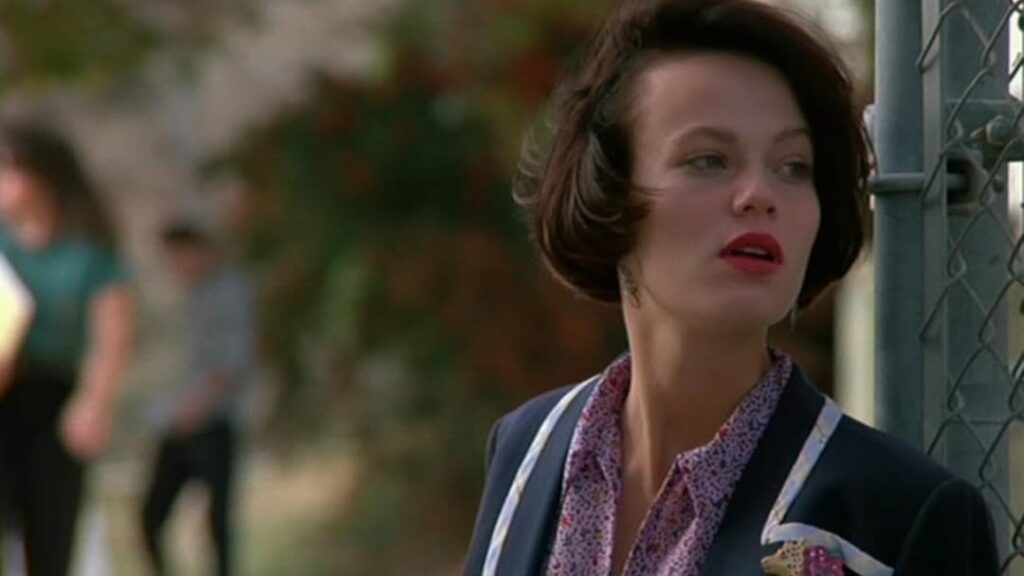
Samantha Mathis in Pump Up the Volume (Photo/New Line Cinema)
Reception for Pump Up the Volume
Pump Up the Volume grossed $1.6 million on its opening weekend, finishing No. 15 at the box office. The top film of the weekend was Darkman, which earned 8.1 million.
The film would gross $11.5 million in its theatrical run during the epic summer of 1990’s blockbusters lineup.
Legacy
Pump Up the Volume is a quintessential ’90s cult classic that remains a powerful statement on youth rebellion and the search for identity. It stands apart from other teen films of its era by its raw, gritty tone and its serious exploration of issues like suicide and conformity.
Slater’s performance as the brooding, intellectual rebel is widely considered one of his most iconic roles and the film’s influence can be seen in its portrayal of a grassroots media phenomenon, a precursor to the power of online platforms and podcasts.
Pump Up the Volume is a nostalgic yet timeless film that continues to resonate with anyone who has ever felt like an outsider.








